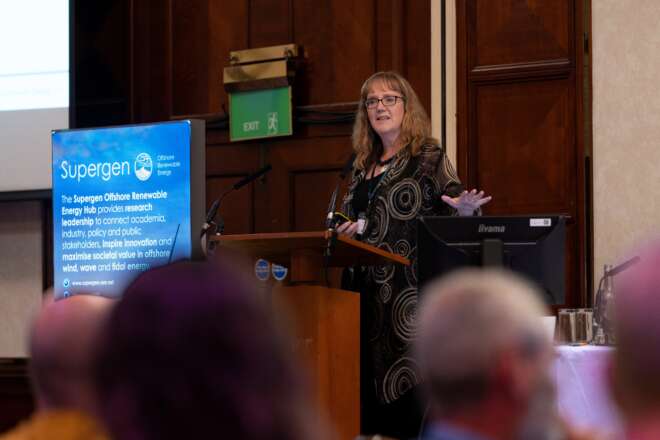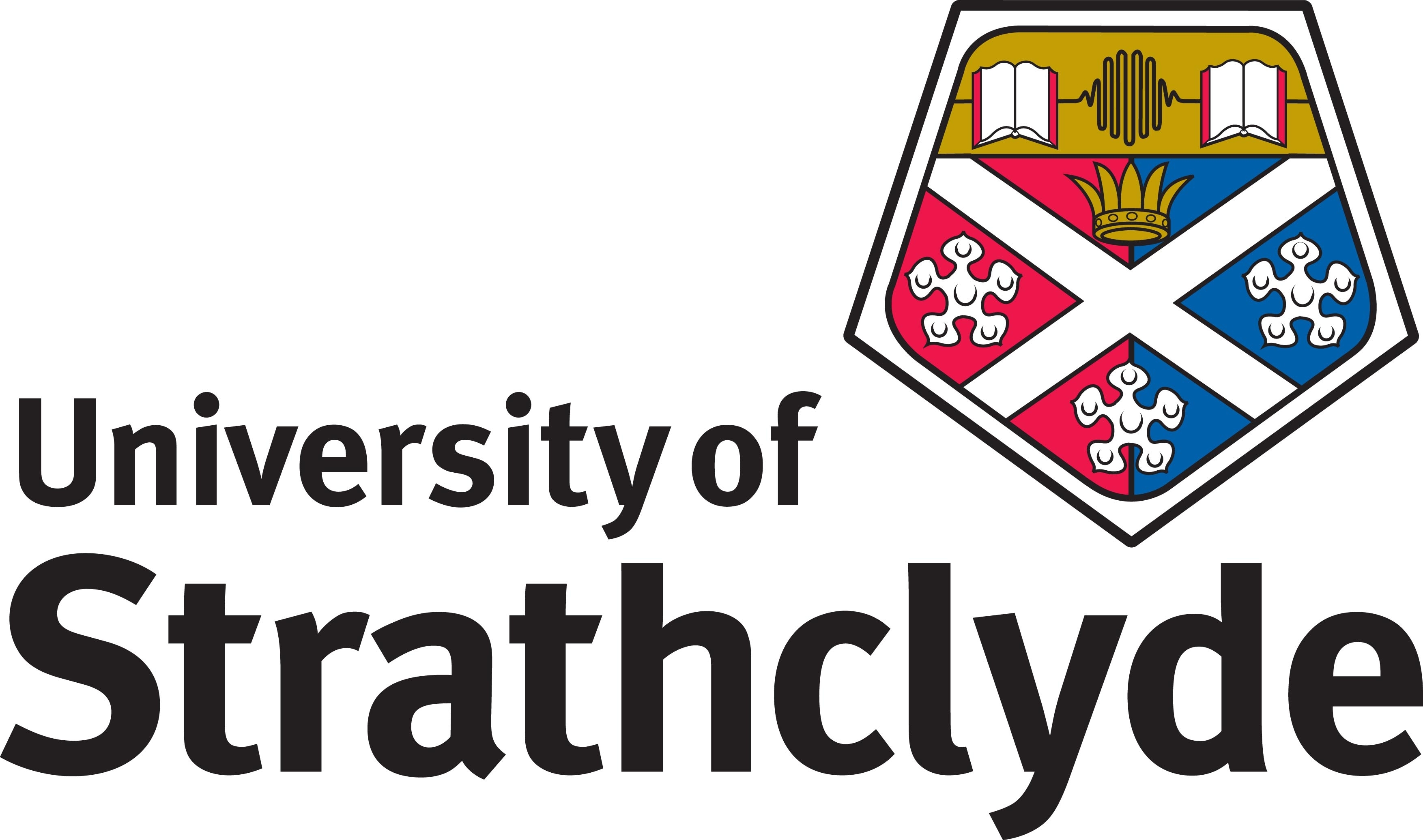The University of Edinburgh's Policy and Innovation Group, supported by Supergen Offshore Renewable Energy (ORE) Hub, has released their latest report
“Ocean Energy and Net Zero: Policy Support for the Cost Effective Delivery of 12GW Wave and Tidal Stream by 2050”.
This new report has outlined and quantified the specific policy support mechanisms, including the associated costs, that will be required to accelerate the wave and tidal stream energy sectors towards commercial deployment. One of the primary challenges facing these technologies is the need to drive down the overall cost of energy generation and achieve cost parity with more mature renewable technologies and the wholesale market price. This can be achieved in part through the targeted application of technology push and market pull policy support mechanisms, which can drive both sector innovation and market growth for wave and tidal stream energy devices.
“It is clear from this report that both wave and tidal stream have a key role to play in the UK achieving its Net Zero targets and our Just Transition commitments, while at the same time ensuring that the UK continues to have access to a secure, reliable supply of energy. It has also shown that sustained market pull policy, coupled with the optimal balance of innovation funding, will be vital for the wider sector to achieve its full potential and enable it to unlock a range of socioeconomic, energy system and environmental benefits”
By utilising several future evidence-based scenarios, this report will evaluate the impact of both technology push and market pull policy support mechanisms, with a particular emphasis on the Contracts for Difference (CfD) scheme and the attainment of high technology learning rates. It will forecast the associated levels of investment required for the ocean energy sector to achieve parity with the wholesale market price of electricity and the requisite funding required at a national level to achieve the deployment of 6GW of wave energy and 6GW of tidal stream energy by 2050.
The report is the fourth publication in a series outlining the policy mechanisms and innovations that will be required to unlock both the economic value and system benefits associated with commercial-scale wave and tidal stream energy deployment.
The report has been collated and edited by P. W. Wong, K. Grattan and H. Jeffrey from the Policy and Innovation Group at Edinburgh University.











